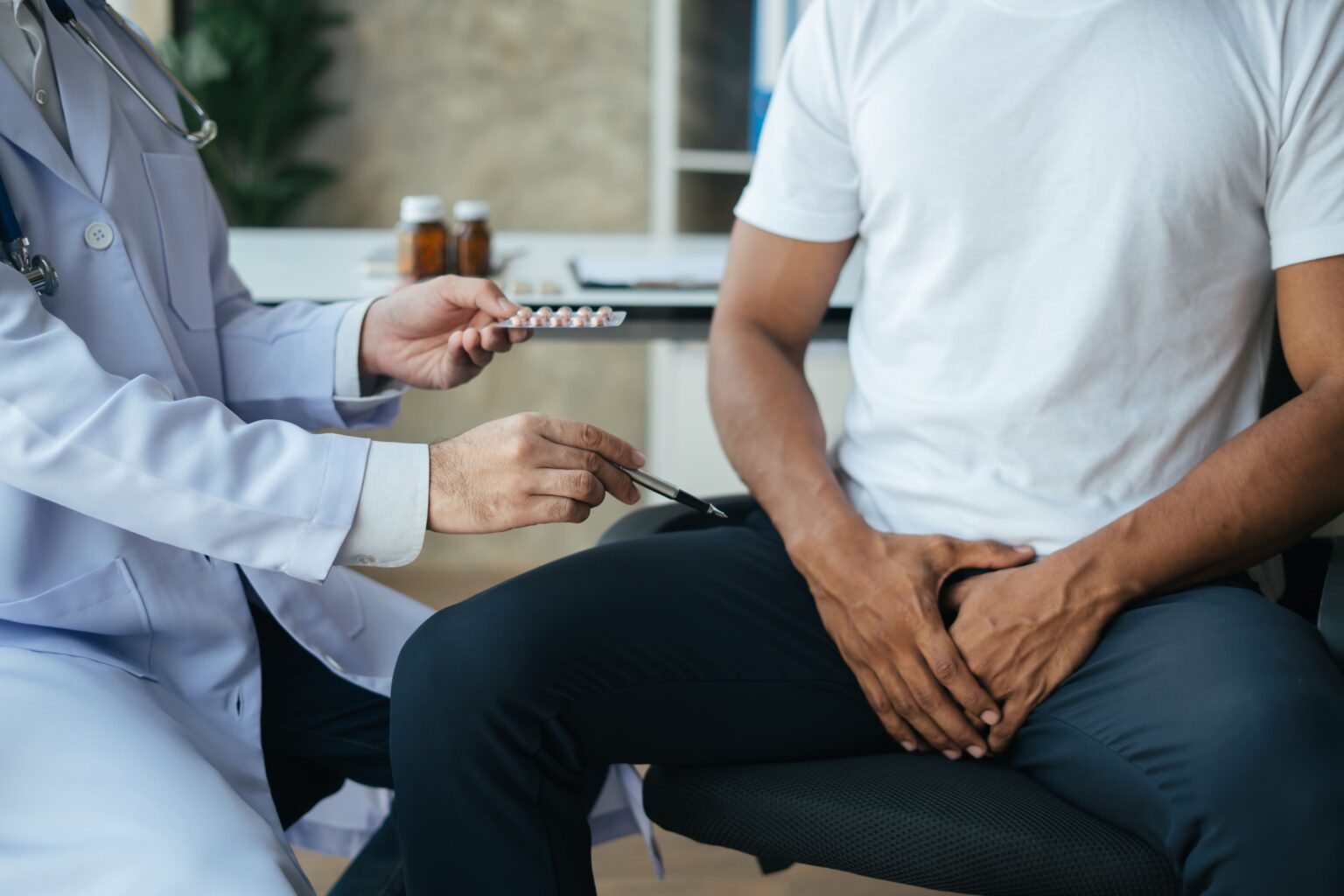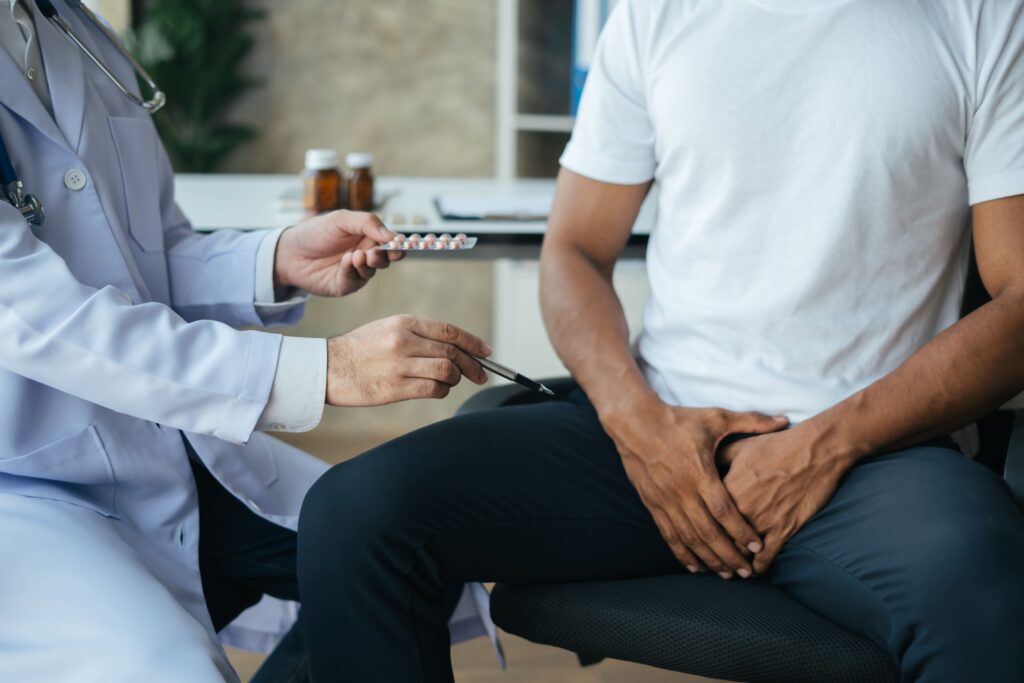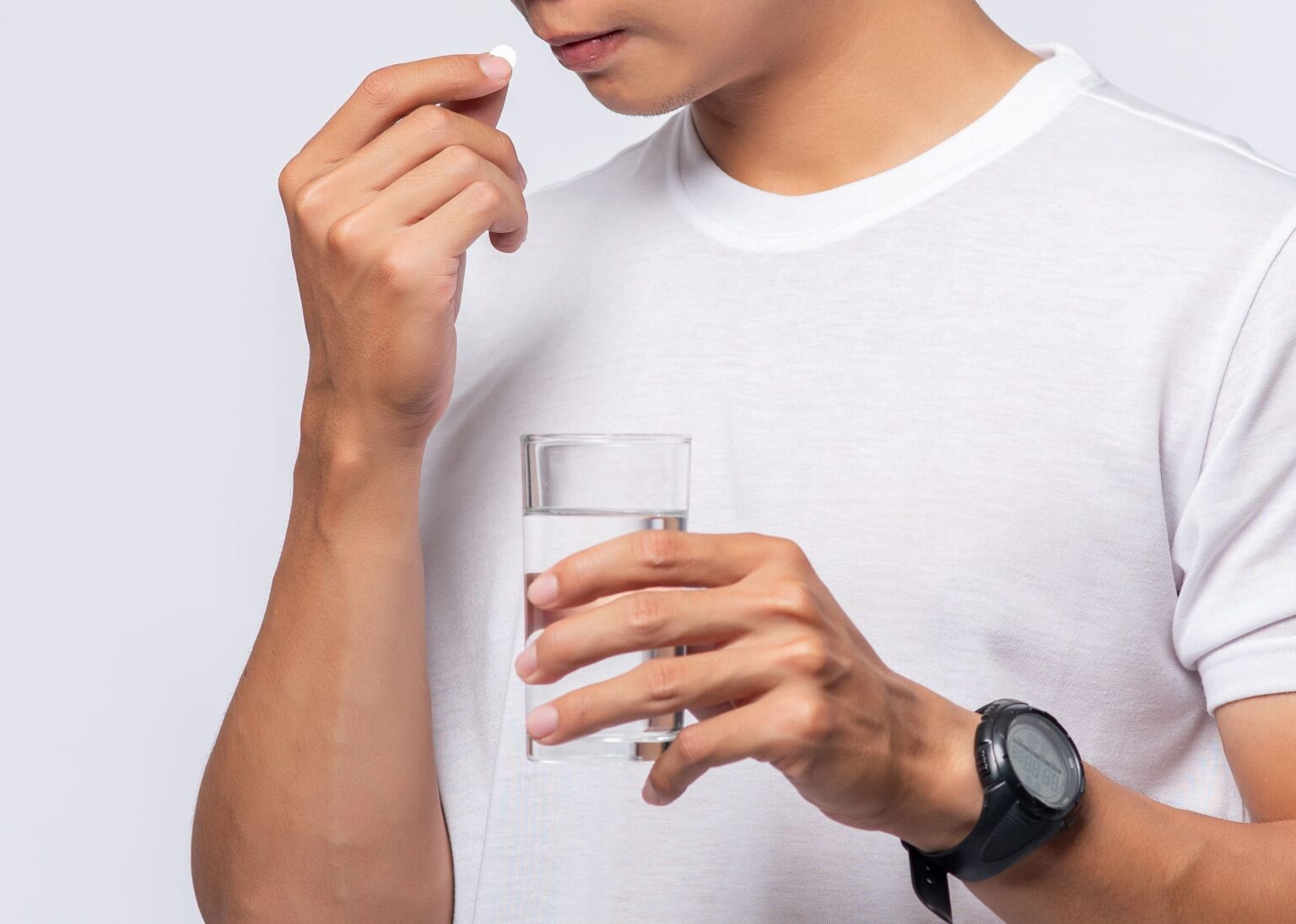You had unprotected sex with someone whose HIV status is unknown, especially if they belong to a high-risk group or there was an exchange of bodily fluids.
HIV Post-Exposure Prophylaxis (PEP)
PEP, or Post-Exposure Prophylaxis, is an emergency intervention for individuals who may have been exposed to HIV. Intended to prevent infection after exposure, PEP must be started as quickly as possible to be effective. It is used only for urgent situations and does not replace regular prevention methods, such as condom use or Pre-Exposure Prophylaxis (PrEP).




What is HIV Post-Exposure Prophylaxis?
HIV Post-Exposure Prophylaxis, or PEP, is a treatment involving a 28-day course of anti-retroviral medications intended to prevent the HIV virus from multiplying in the body. To work effectively, PEP must be initiated as soon as possible following potential HIV exposure. By preventing the virus from spreading, PEP reduces the risk of infection after a high-risk exposure.
In What Cases Should You Consider PEP?
PEP is recommended for individuals who may have been exposed to HIV through certain high-risk situations. It may be advised in the following cases:
Unprotected Sexual Contact
Condom Failure
If a condom breaks during intercourse, particularly in cases of anal or vaginal sex, and your partner’s HIV status is unknown.
Needle Sharing
Individuals who share needles for drug use or other purposes are at higher risk of HIV transmission.
When Should You Start Using PEP?
Timing is critical for PEP to be effective. PEP must be initiated as soon as possible, preferably within 24 hours of exposure and no later than 72 hours. The effectiveness of PEP decreases the longer you wait; beyond 72 hours, it is unlikely to be effective.


PEP Treatment Process
For PEP to be effective, strict adherence to the prescribed 28-day regimen is required. You will need to take the medication daily as prescribed, without missing any doses.
During the course, you may experience mild side effects, such as nausea, fatigue, or digestive discomfort. Your doctor can guide you on managing these side effects and may adjust the treatment to improve comfort if necessary. Completing the entire course is necessary to maximise the treatment’s effectiveness.
Follow-up appointments will typically be scheduled to monitor any side effects and to assess how well the treatment is working.
Do you need fast and discreet testing?
Reach out to our friendly clinic staff to schedule an appointment.
PEP and Long-Term HIV Prevention
While PEP is effective as an emergency response, it should not be seen as a primary HIV prevention method. To reduce the need for PEP in the future, it is advisable to consider a more comprehensive HIV prevention approach, especially if you are at higher risk for exposure. Regular HIV testing is necessary for prevention as it allows you to be aware of your status and make informed medical decisions.
If you are at ongoing risk of HIV exposure, discuss Pre-Exposure Prophylaxis (PrEP) with a healthcare provider. PrEP is a preventative treatment taken daily to reduce the likelihood of infection before potential exposure.
Make an Enquiry
Got Questions? Please fill in the enquiry form below and we look forward to addressing your question.
Frequently Asked Questions
Is PEP available over the counter?
No, PEP is not available over the counter. It requires a prescription and must be obtained through a healthcare provider following a consultation to assess your specific needs and risk level.
Can PEP be taken more than once?
Yes, PEP can be prescribed on multiple occasions if necessary. However, frequent reliance on PEP is not ideal as a preventive measure. If you face ongoing exposure to HIV risk, discuss Pre-Exposure Prophylaxis (PrEP) with your healthcare provider as a longer-term solution.
What should I do if I miss a dose of PEP?
If you miss a dose, take it as soon as you remember. Do not double your next dose to make up for the missed one. It is necessary to stay as consistent as possible to ensure effectiveness.
Does PEP provide ongoing protection against HIV after I finish the course?
No, PEP only provides short-term protection during the 28-day course. After completing PEP, it’s necessary to use regular preventive methods, such as condoms or PrEP, to maintain protection against HIV in future situations.
